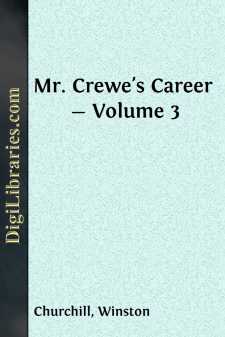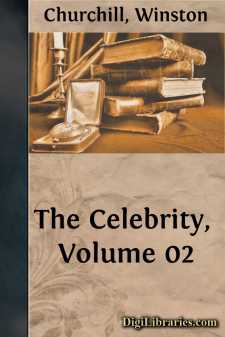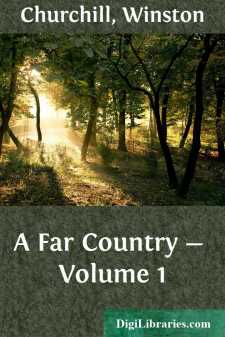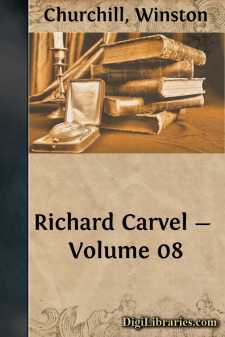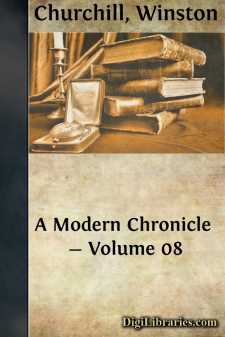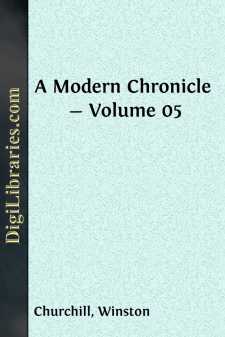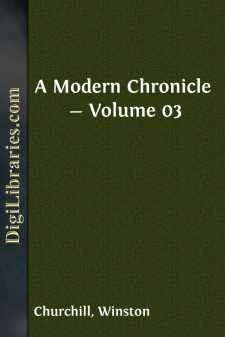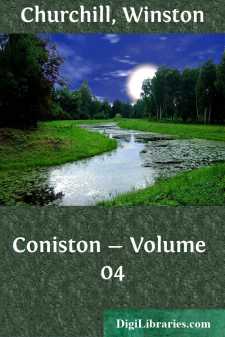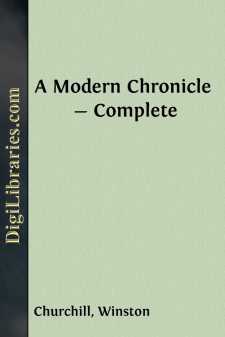Categories
- Antiques & Collectibles 13
- Architecture 36
- Art 48
- Bibles 22
- Biography & Autobiography 813
- Body, Mind & Spirit 142
- Business & Economics 28
- Children's Books 14
- Children's Fiction 11
- Computers 4
- Cooking 94
- Crafts & Hobbies 4
- Drama 346
- Education 46
- Family & Relationships 57
- Fiction 11828
- Games 19
- Gardening 17
- Health & Fitness 34
- History 1377
- House & Home 1
- Humor 147
- Juvenile Fiction 1873
- Juvenile Nonfiction 202
- Language Arts & Disciplines 88
- Law 16
- Literary Collections 686
- Literary Criticism 179
- Mathematics 13
- Medical 41
- Music 40
- Nature 179
- Non-Classifiable 1768
- Performing Arts 7
- Periodicals 1453
- Philosophy 64
- Photography 2
- Poetry 896
- Political Science 203
- Psychology 42
- Reference 154
- Religion 513
- Science 126
- Self-Help 84
- Social Science 81
- Sports & Recreation 34
- Study Aids 3
- Technology & Engineering 59
- Transportation 23
- Travel 463
- True Crime 29
Mr. Crewe's Career - Volume 3
Description:
Excerpt
The burden of the valley of vision: woe to the Honourable Adam B. Hunt! Where is he all this time? On the porch of his home in Edmundton, smoking cigars, little heeding the rising of the waters; receiving visits from the Honourables Brush Bascom, Nat Billings, and Jacob Botcher, and signing cheques to the order of these gentlemen for necessary expenses. Be it known that the Honourable Adam was a man of substance in this world's goods. To quote from Mr. Crewe's speech at Hull: "The Northeastern Railroads confer—they do not pay, except in passes. Of late years their books may be searched in vain for evidence of the use of political funds. The man upon whom they choose to confer your governorship is always able to pay the pipers." (Purposely put in the plural.)
Have the pipers warned the Honourable Adam of the rising tide against him? Have they asked him to gird up his loins and hire halls and smite the upstart hip and thigh? They have warned him, yes, that the expenses may be a little greater than ordinary. But it is not for him to talk, or to bestir himself in any unseemly manner, for the prize which he was to have was in the nature of a gift. In vain did Mr. Crewe cry out to him four times a week for his political beliefs, for a statement of what he would do if he were elected governor. The Honourable Adam's dignified answer was that he had always been a good Republican, and would die one. Following a time-honoured custom, he refused to say anything, but it was rumoured that he believed in the gold standard.
It is August, and there is rejoicing in—Leith. There is no doubt now that the campaign of the people progresses; no need any more for the true accounts of the meetings, in large print, although these are still continued. The reform rallies resemble matinees no longer, and two real reporters accompany Mr. Crewe on his tours. Nay, the campaign of education has already borne fruit, which the candidate did not hesitate to mention in his talks Edmundton has more trains, Kingston has more trains, and more cars. No need now to stand up for twenty miles on a hot day; and more cars are building, and more engines; likewise some rates have been lowered. And editors who declare that the Northeastern gives the State a pretty good government have, like the guinea pigs, long been suppressed.
In these days were many councils at Fairview and in the offices of the Honourable Hilary Vane at Ripton; councils behind closed doors, from which the councillors emerged with smiling faces that men might not know the misgivings in their hearts; councils, nevertheless, out of which leaked rumours of dissension and recrimination conditions hitherto unheard of. One post ran to meet another, and one messenger ran to meet another; and it was even reported—though on doubtful authority—after the rally in his town the Honourable Jacob Botcher had made the remark that, under certain conditions, he might become a reformer.
None of these upsetting rumours, however, were allowed by Mr. Bascom and other gentlemen close to the Honourable Adam B. Hunt to reach that candidate, who continued to smoke in tranquillity on the porch of his home until the fifteenth day of August. At eight o'clock that morning the postman brought him a letter marked personal, the handwriting on which he recognized as belonging to the Honourable Hilary Vane. For some reason, as he read, the sensations of the Honourable Adam were disquieting; the contents of the letter, to say the least, were peculiar. "To-morrow, at noon precisely, I shall be driving along the Broad Brook road by the abandoned mill—three miles towards Edmundton from Hull. I hope you will find it convenient to be there."
These were the strange words the Honourable Hilary had written, and the Honourable Adam knew that it was an order....


